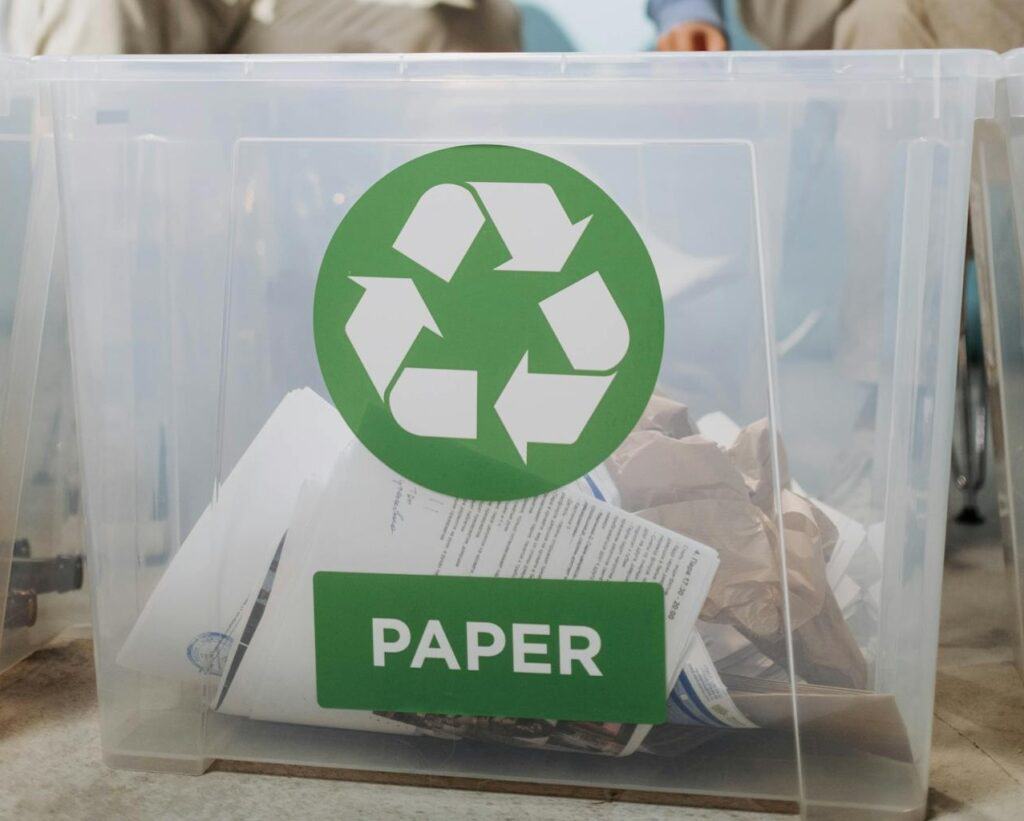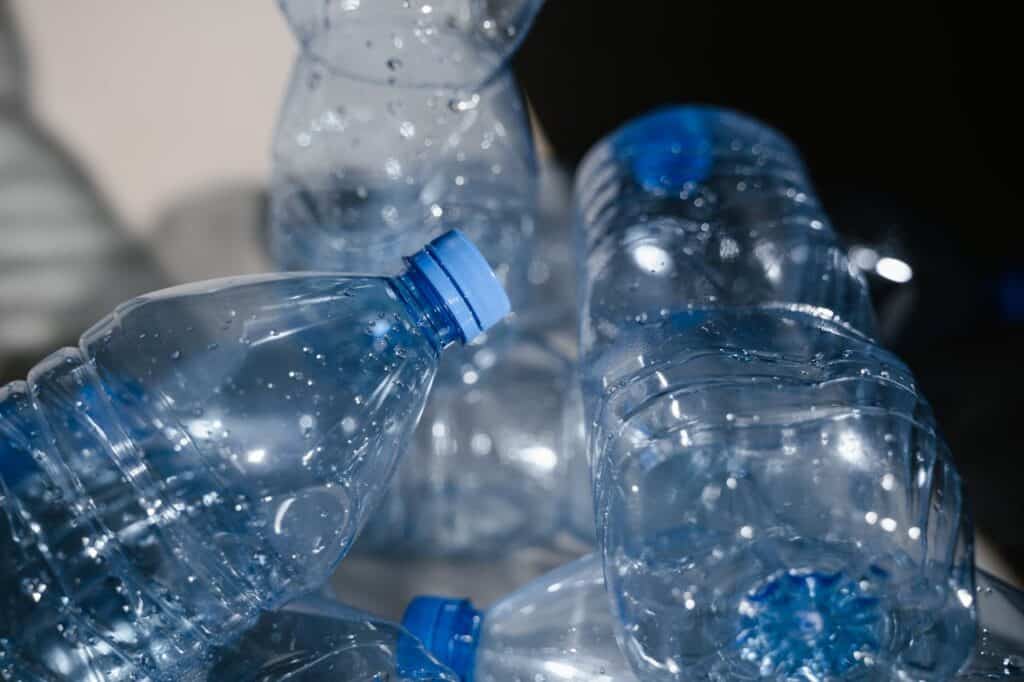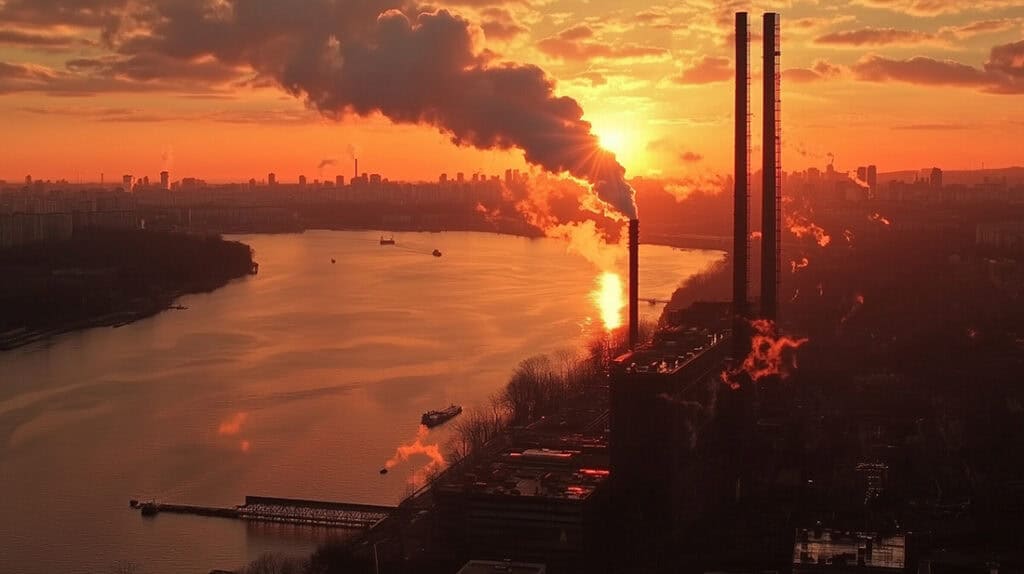The UK have been recycling their waste for around 80 years, however, this has taken on a number of different forms. In recent years, government and private sector initiatives involving sustainability and environmental protection have become commonplace. Plastic Expert will take a look back over the past two decades, exploring how much has changed in the recycling world since the turn of the century.
Changes in Government Legislation Towards Recycling and Sustainability
- 2000 – Creation of WRAP: Waste and Resources Action Programme – receives funding from the Department for Environment, Food and Rural Affairs (DEFRA) the Northern Ireland Executive, Zero Waste Scotland, the Welsh Government and the European Union.
- 2003 EU legislation on WEEE products – regulations on how to dispose of Waste Electrical and Electronic Equipment.
- 2003 UK Household Waste Recycling Act. The law stated that all local authorities must collect at least two types of recyclable waste materials from households by 2010.
- 2008 – Waste Framework Directive. Created by the EU. Legislation and regulation on waste disposal and treatment across Europe.
- 2008 – Climate Change Act. This act placed the UK as the first nationa to have a legal, long-term framework created to cut CO2 Emissions. It’s aim is to be carbon neutral by 2050.
- 2010 – Environmental Permitting Regulations. Strict legislation on the storage, treatment, and disposal of hazardous waste.
- 2015 – 43.5% of the UK’s municipal waste was recycled
- 2015 – The introduction of the 5p single-use plastic bag charge. This charge sparked the birth of taxing single-use plastic. The result was an 80% drop in plastic bag use in the UK.
Changes in Attitudes
There has been an undoubtable shift in attitudes towards recycling over the past two decades. This is strongly influenced by the changes in government policy towards waste management. Increasingly over time, there has been a stricter enforcement of household waste separation by local authorities. Failure to organise your waste streams effectively will often result in your waste not being collected, and in some cases, a fine. Punishment for failure to comply will naturally result in higher levels of recycling and household waste management.
Depending on the local council, some areas in the UK recycle an impressive amount of waste. The city of Bristol for example, has five different waste bins collected weekly or bi-weekly. Bristol was voted the ‘UK’s greenest city’ in 2019. The decisions of local authorities reflect the culture and attitudes of a city towards recycling and sustainability.
However, recycling and environmental sustainability has become more fashionable in general across the UK. With the rise of social media and frequent access to information on issues of climate change and waste pollution, many feel obliged to do their bit in a bid to save the planet.
Documentaries about climate change and declining biodiversity are some of the most watched in the UK. David Attenborough’s ‘A Life On Our Planet’ was one of the most watched documentaries on Netflix in 2020.
Changes in the Business Sector
As legislation has continued to address waste management, and being sustainable and ethical has become increasingly fashionable, it has been crucial for businesses to tailor themselves to this trend.
Ethically conscious actions are seen now as essential for many UK businesses. Recycling contributes to a business’ Corporate Social Responsibility (CSR) framework. Impressive environmental credentials helps improve a business’ public image, and can help land new customers. As accessing information about companies has become increasingly easy due to the improvement in technology over the past two decades, strong sustainable credentials puts businesses on a pedestal when tapping into certain markets and target audiences.
Make Your Business Greener
As we reach the end of two decades of recycling progress in the UK, it could be time to reflect on your business’ own recycling policies. Plastic Expert can help your business keep up-to-date with sustainable and compliant recycling practices in the UK. We can help you stay ahead of your competition and draw in new customers, while also contributing to a greener world.








